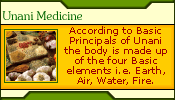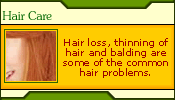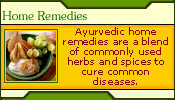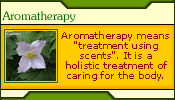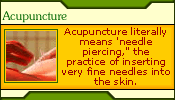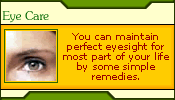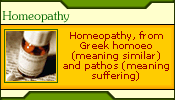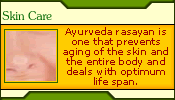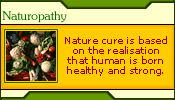|
The immersion bath tub should be filled with about 135 litres of
hot water at 400C. One to 1 1/2 kg. of Epsom salt should be dissolved
in this water. The patient should drink a glass of cold water, cover
the head with a cold towel and then lie down in the tub, completely
immersing the trunk, thighs and legs for 15 to 20 minutes. The best
time to take this bath is just before retiring to bed. This is useful
in cases of sciatica, lumbago, rheumatism, diabetes, neuritis, cold
and catarrh, kidney disorders and other uric acid and skin affections.
13 Wonderful Ways to Use Epsom Salts
Soaking in a tub full of hot water with a few cups of Epsom Salts
was good for relaxing muscles and drawing toxins from the body,
but I could never find out why. And it wasn't until I spent some
time at the Epsom Salt Industry Council website that I learned that
Epsom Salts -- made of the mineral magnesium sulfate--are also a
sedative for the nervous system.
When magnesium sulfate is absorbed through the skin, such as in
a bath, it draws toxins from the body, sedates the nervous system,
reduces swelling, relaxes muscles, is a natural emollient, exfoliator,
and much more.
* Relaxing and Sedative Bath: Soak in warm water and 2 cups of Epsom
Salt.
* Face Cleaner: To clean your face at night, mix a half-teaspoon
of Epsom Salt with your regular cleansing cream. Just massage into
skin and rinse with cold water.
* Homemade Skin Mask: Apply the mask to damp skin. For normal to
oily skin, mix 1 tablespoon of cognac, 1 egg, 1/4 cup of nonfat
dry milk, the juice of 1 lemon, and a half-teaspoon of Epsom Salt.
For normal to dry skin mix 1/4 cup of grated carrot, 1 1/2 teaspoons
of mayonnaise and a half-teaspoon of Epsom Salt.
* Foot Soak: Soothe aches, remove odors, and soften rough skin
with a foot soak. Add 1/2 cup of Epsom Salt to a large pan of warm
water. Soak feet for as long as it feels right. Rinse and dry.
* Skin Exfoliator: Massage handfuls of Epsom Salt over your wet
skin, starting with your feet and continuing up towards the face.
Have a bath to rinse.
* Remove Excess Oil from Hair: Epsom Salt soaks up excess oil from
hair. Add 9 tablespoons of Epsom Salt to 1/2 cup of oily hair shampoo.
Apply one tablespoon of the liquid to your hair when it is dry;
rinse with cold water. Pour lemon juice or organic apple cider vinegar
through the hair, leave on for 5-10 minutes, and then rinse.
* Hairspray: Combine 1 gallon of water, 1 cup of lemon juice, and
1 cup Epsom Salt. Combine, cover, and let set for 24 hours. The
next day, pour the mixture into your dry hair and let it sit for
20 minutes. Then shampoo as normal.
* Hair Volumizer: Combine equal parts of deep conditioner and Epsom
Salt. Warm in a pan. Work the warm mixture through your hair and
leave on for 20 minutes. Rinse.
* Soak Sprains and Bruises: Epsom Salt will reduce the swelling
of sprains and bruises. Add 2 cups Epsom Salt to a warm bath, and
soak.
* Splinter Remover: Soak in Epsom Salt, it will draw out the splinter.
|



